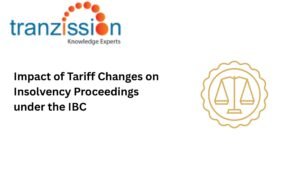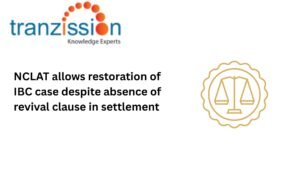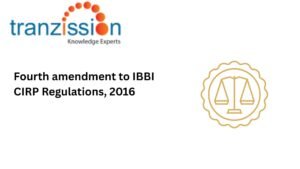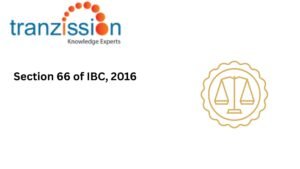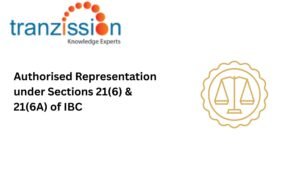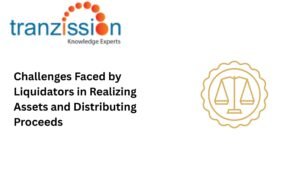
Role of Independent Valuation in Maintaining Stakeholder Trust
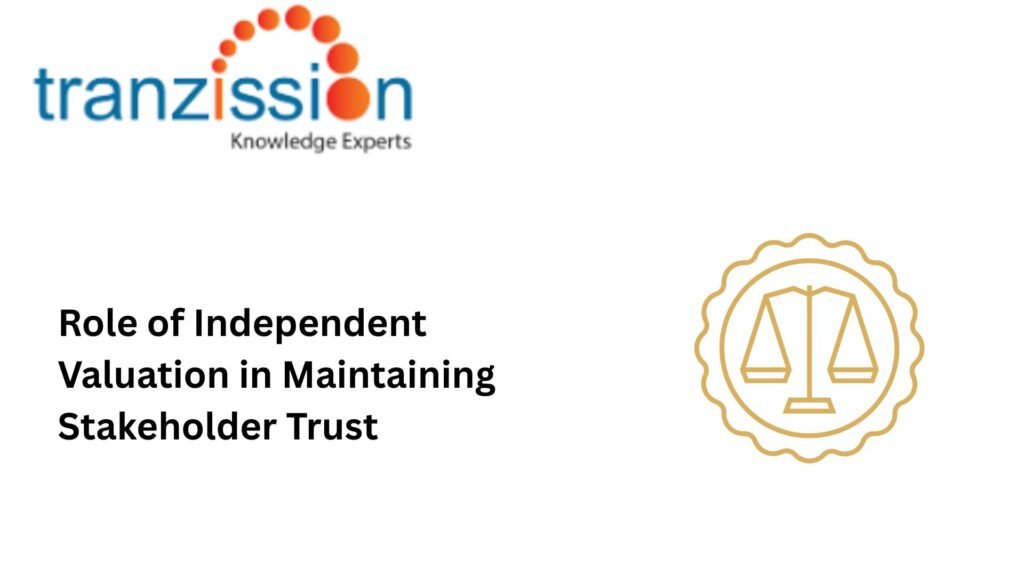
Table of Contents
There are several stakeholders involved in the insolvency proceedings, the corporate debtor, its creditors, insolvency professionals, etc. When Role of Independent Valuation in stakeholders have confidence in the proceedings under the Insolvency and Bankruptcy Code, 2016 (IBC) is necessary for consistent, transparency communication, and demonstrating shared values is crucial for strong relationships. Building trust will also mitigate potential issues, as stakeholders are less likely to be swayed by potential conflicts or disputes during the insolvency process.
Understanding Independent Valuation & Its Importance
Before going into the details of Role of Independent Valuation and stakeholder confidence, it is necessary to understand independent valuation, including:
Independent valuation is an unbiased assessment of a co
What is Role of Independent Valuation?
mpany’s financial worth conducted by third-party experts. It is generally used in buying or selling a property and may help maintain investor confidence and help support regulatory compliance. Hence, it helps to ensure transparency in business transactions, legal proceedings, and financial planning
Why is Independent Valuation Essential for Stakeholder Trust?
Role of Independent Valuation in Maintaining Stakeholder Trust reduces conflicts of interest between management, shareholders, and creditors and enhances investor confidence by ensuring fair asset pricing and essential in corporate insolvency to determine fair liquidation value.
Suggested Reading : Role of e-auctions in liquidating assets
Key Applications of Independent Valuation in Business & Finance
Valuation in Mergers & Acquisitions (M&A):
Mergers & Acquisitions (M&A) require valuations to ensure a fair price, mitigate conflicts of interest, and allow parties to make informed decisions based on objective data, rather than subjective opinions. Role of Independent Valuation in Maintaining Stakeholder Trust will ensure that buyers and sellers get a fair deal during acquisitions and prevent overvaluation or undervaluation that can lead to disputes.
Role in Insolvency & Bankruptcy Proceedings:
‘Fair value’ and ‘liquidation value’, defined under Regulation 2 (hb) and Regulation 2(k), respectively, under the Insolvency and Bankruptcy Board of India (Insolvency Resolution Process for Corporate Persons) Regulations, 2016 (hereon forward known as “the CIRP Regulations”). Role of Independent Valuation in Maintaining Stakeholder Trust, therefore, determines the liquidation value of distressed companies and ensures equitable distribution of assets among creditors and stakeholders.
Role of Independent Valuation in Employee Ownership Trusts (EOTs):
In EOTs, an independent valuation is crucial to ensure a fair and transparent sale of a company, particularly when the ownership structure is transitioning to employee ownership, as the company can then determine a proper purchase price based on the fair market value and streamline the process. Fair valuation helps in structuring employee buyouts in EOT transactions and boosts employee confidence in company equity programs.
Valuation for Trust & Estate Planning:
Such valuation ensures fair asset distribution among beneficiaries and reduces legal disputes over asset valuation in estate planning.
Read more: Chapter 7 vs. Chapter 11: What’s the Difference?
Key Valuation Methodologies & Their Impact on Stakeholder Confidence
There are mainly three methodologies in independent valuation, each ensuring stakeholder confidence in different manners:
Market-Based Valuation:
Market-based valuation can build stakeholder trust by aligning valuations with real-world market conditions, demonstrating transparency, and facilitating informed decision-making. It compares the company’s value with similar businesses in the industry and provides transparency through real-world market benchmarks.
Asset-Based Valuation:
Asset-based valuation is a form of valuation in business that focuses on the value of a company’s assets for the fair market value of its total assets after deducting liabilities. Assets are evaluated and the fair market value is obtained. It, therefore, calculates a company’s worth based on its tangible and intangible assets, and is essential in liquidation and distressed asset sales.
Income-Based Valuation:
Using income-based valuation involves Discounted Cash Flow (DCF), and determining a company’s worth can boost stakeholder trust by providing a transparent and objective valuation, but it also requires careful consideration and clear communication of assumptions and methodologies. As it projects future earnings to determine present value, it is often used in M&A and investment decision-making.
Challenges & Risks in Independent Valuation
Independent valuations face challenges like maintaining objectivity, ensuring data accuracy, dealing with market uncertainties, and managing client influence, and which can be summarised below:
Risk of Manipulated Valuation Reports:
Valuers must avoid conflict of interest and ensure their valuations are not influenced by the client’s wants or external pressure, which may be difficult due to the manipulation of valuation reports. Companies may attempt to inflate valuations to attract investors, which can be resolved by using certified third-party valuation experts and regulatory oversight.
Impact of Market Fluctuations on Valuation Accuracy:
Market conditions, economic fluctuations, and unforeseen events can significantly impact valuations, making it difficult to predict future values accurately. Applying multiple valuation methodologies ensures cross-verification.
Regulatory & Compliance Challenges in Valuation Processes:
Different jurisdictions have varying standards for valuation compliance. Independent valuation can lead to scrutiny if valuations are incorrect, leading to regulatory investigations. To resolve this issue, it is necessary to adopt internationally recognized valuation frameworks, such as the Generally Accounting Principles (GAAP) and the IBBI valuation guidelines.
Best Practices for Ensuring Independent & Transparent Valuations
Engaging certified valuation professionals is necessary to ensure valuation reports are prepared by accredited experts, such as Chartered Financial Analyst (CFA), Certified Public Accountant (CPA), and IBBI-registered valuers. Using multiple valuation methods models allows for a more thorough understanding of the company’s worth. Cross-verification of different valuation methodologies also prevents biased outcomes. Valuation methodologies must adhere to legal and regulatory standards and ensure that valuations are accurate and reliable, and avoid potential disputes.
Conclusion
Independent valuations help maintain stakeholder trust by providing objective and impartial assessments, which reduces bias and enhances credibility, leading to greater confidence in the valuation process and its outcomes. When a valuation is conducted independently, stakeholders are more likely to trust the findings the process appears fair, and transparent, reducing skepticism and fostering confidence. The evaluators are not subject to external pressure or internal interests, allowing them to make objective judgments and provide stakeholders with reliable, independent information. Further, the choice of valuation methods and assumptions can significantly impact the outcome and make realistic assumptions.

